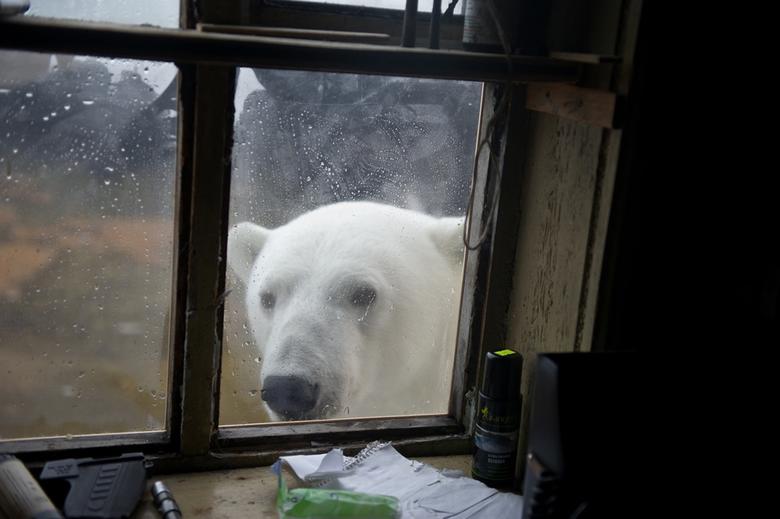
ROSNEFT HIT BY SANCTIONS

Sanctions have stopped Russia's state-controlled oil group Rosneft expanding its trading operations, the company revealed on Tuesday, preventing it from capitalising on one of the main revenue sources tapped by western rivals during the oil price rout.
Marcus Cooper, the Geneva-based head of Rosneft's trading arm, said western sanctions imposed on Russia after it intervened in Ukraine had slowed the company's plans to expand dealing overseas and starved it of capital needed to finance big trades.
"It's the intention of the company to expand [its trading] internationally but of course it's hard with sanctions as we can't raise debt beyond 30 days," Mr Cooper said at the Platts global crude oil summit in London.
Oil companies such as BP and Royal Dutch Shell have made billions of dollars available to their trading arms to finance so-called contango trades. In these transactions, traders seize on opportunities to store barrels of crude cheaply and lock in a profit by selling them forward in the futures market. They take advantage of how prices for delivery later are higher than in the spot market.
Mr Cooper said: "To have a successful trading organisation you need vast amounts of capital to finance arbitrage and contango [trades]. That has been restricted under sanctions, which add complexity to the execution of the strategy, even if the strategy is still in place."
Western banks have shied away from providing loans with a longer maturity than 30 days to Rosneft after the US and Europe imposed financial sanctions on Russia last year.
However, contango trades ideally require longer term financing because such transactions are most profitable when traders can sell on the oil several months later.
BP and Shell pointed to strong performances by their trading arms when reporting better than expected first-quarter results.
Glencore in March predicted a "blowout" year for its oil trading operations if favourable market conditions continued.
Rosneft, which pumps more than one in every 20 barrels consumed globally, agreed a deal in late 2013 to buy Morgan Stanley's oil merchant business, which would have given it experienced traders in the US and Europe.
But the deal fell apart because of sanctions and financing concerns. The Morgan Stanley oil business was sold this month to Castleton Commodities, a US company that aims to become a global energy trader.
Other state-backed oil companies have expanded their international trading operations, including China's Unipec, part of the Sinopec group, which has opened desks in London and Houston.
Mr Cooper said it was "very important" for Rosneft to boost its overseas trading presence.
Rosneft racked up large borrowings when it bought TNK-BP, a Russian oil company involving BP in 2013.
The Russian state-controlled company suffered a capital squeeze last year as loans came due for repayment. It has asked Moscow for more than Rbs1trn ($20bn) to help support investment projects, although the recovery in the oil price to about $65 a barrel has helped the company.
Mr Cooper said Moscow was trying to soften the blow of sanctions "from a very high level", including by increasing ties with China.
ft.com




